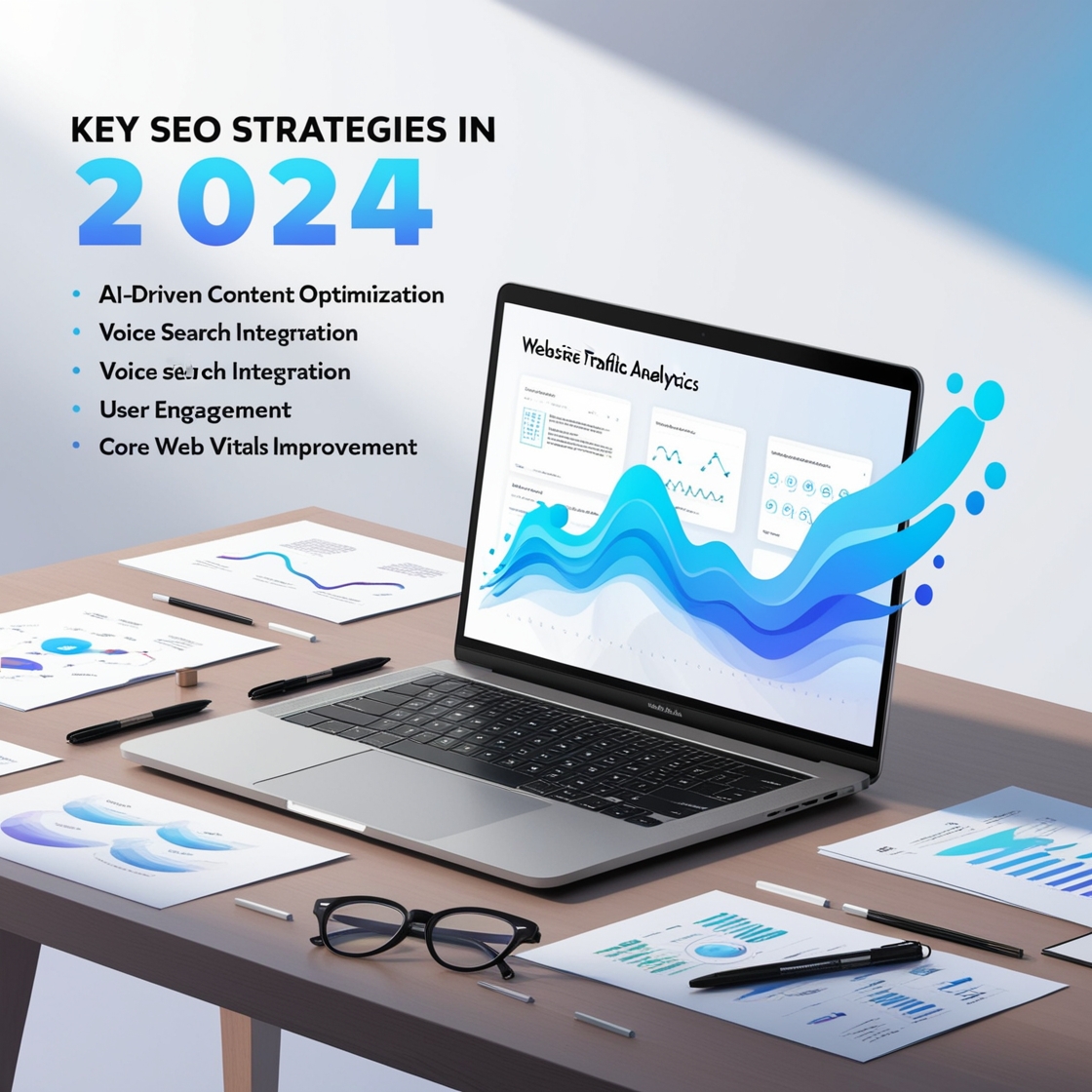Search Engine Optimization (SEO)

Search Engine Optimization (SEO) is a digital marketing practice focused on improving a website’s visibility and ranking in search engine results pages (SERPs). The primary goal of SEO is to increase organic (non-paid) traffic to a website by making it more attractive to search engines like Google, Bing, and Yahoo.
Here’s a breakdown of what SEO involves:
1. **Keyword Research**: Identifying the words and phrases that potential visitors use to search for information related to your business or content. Effective keyword research helps in targeting the right audience and optimizing content to meet their needs.
2. **On-Page Optimization**: This includes optimizing individual web pages to rank higher and earn more relevant traffic. Key elements of on-page SEO include optimizing title tags, meta descriptions, headings, and content. It also involves ensuring that content is high-quality, relevant, and provides value to users.
3. **Technical SEO**: This focuses on improving the technical aspects of a website to help search engines crawl and index it more effectively. It involves optimizing site speed, mobile-friendliness, URL structure, and fixing issues like broken links or duplicate content.
4. **Off-Page Optimization**: This refers to activities conducted outside the website to improve its authority and credibility. The most common off-page SEO technique is building backlinks—getting other reputable websites to link to your site, which can enhance its authority and relevance in the eyes of search engines.
5. **Content Creation**: Developing high-quality, engaging, and relevant content that attracts and retains visitors. Content should be designed to address the needs and interests of your target audience while incorporating relevant keywords naturally.
6. **User Experience (UX)**: Ensuring that your website provides a positive user experience is crucial for SEO. Factors like site navigation, mobile responsiveness, and page load times can impact how users interact with your site and influence search rankings.
7. **Local SEO**: For businesses with a physical location or that serve specific geographic areas, local SEO helps improve visibility in local search results. This includes optimizing Google My Business listings, local citations, and reviews.
8. **Analytics and Reporting**: Monitoring and analyzing SEO performance through tools like Google Analytics and Google Search Console. This helps in understanding how well your SEO strategies are working and where adjustments may be needed.
In essence, SEO is a multi-faceted approach to enhancing a website’s search engine visibility, driving targeted traffic, and ultimately achieving better online success. It requires ongoing effort and adaptation to changing search engine algorithms and user behaviors.
SEO For Small Business
In today’s digital landscape, search engine optimization (SEO) is crucial for the success of small businesses. With more consumers turning to search engines like Google to find products and services, having a strong SEO strategy can significantly impact your business’s visibility and growth. For small business entrepreneurs, SEO is not just a marketing tactic but a powerful tool that can level the playing field with larger competitors.
Effective SEO enhances your online presence by improving your website’s ranking in search engine results, making it easier for potential customers to find you. It involves optimizing various aspects of your site, from keyword research and content creation to technical improvements and local optimization. By focusing on SEO, small businesses can attract more targeted traffic, build credibility, and ultimately increase their chances of converting visitors into loyal customers.
In this guide, we’ll explore how SEO can specifically benefit small business entrepreneurs, offering practical strategies and insights to help you harness the power of search engines and drive your business forward. Whether you’re just starting or looking to refine your existing SEO efforts, understanding and implementing these techniques can provide a significant boost to your business’s online success.

Increased Visibility
- Higher Search Rankings: By optimizing your website, you improve your chances of ranking higher on search engines like Google. This increased visibility can drive more organic traffic to your site without the need for paid advertising.
- Local Exposure: For businesses targeting local customers, local SEO can help you appear in local search results, Google Maps, and local directories, making it easier for nearby customers to find you.
Cost-Effective Marketing
- Organic Traffic: Unlike paid advertising, which requires ongoing investment, effective SEO can generate organic traffic over the long term. Once your site ranks well, it can continue to attract visitors without ongoing costs.
- Higher ROI: SEO often provides a higher return on investment (ROI) compared to other marketing methods, as it targets users actively searching for products or services you offer.
Enhanced Credibility and Trust
- Search Engine Trust: Websites that rank higher in search results are often perceived as more credible and trustworthy by users. Good SEO practices can help build that credibility.
- Customer Reviews: By optimizing for local search, you can encourage positive reviews and testimonials, which further build your business’s reputation.
Targeted Traffic
- Relevant Visitors: SEO helps attract users who are actively searching for products or services that you offer. This means the traffic you receive is more likely to convert into leads or sales.
- Long-Tail Keywords: Focusing on specific, long-tail keywords allows you to attract niche audiences who are further along in the buying process and more likely to convert.
Improved User Experience
- Website Usability: SEO involves optimizing your site’s structure, navigation, and content, which enhances the overall user experience. A well-organized site with relevant content keeps visitors engaged and encourages them to explore more.
- Mobile Optimization: Ensuring your site is mobile-friendly improves the experience for users on mobile devices, which is increasingly important as mobile searches continue to grow.
Competitive Advantage
- Stand Out from Competitors: Effective SEO can help you outrank competitors in search results, giving you an edge in attracting potential customers who might otherwise find your competitors first.
- Market Positioning: By targeting niche keywords and optimizing your content, you can position your business as an authority in your industry.
Long-Term Growth
- Sustainable Results: While SEO takes time to show results, the benefits can be long-lasting. Once your site achieves high rankings, it can maintain those positions with ongoing optimization efforts.
- Content Strategy: A strong SEO strategy often includes content marketing, which helps build your brand’s presence and authority over time.

